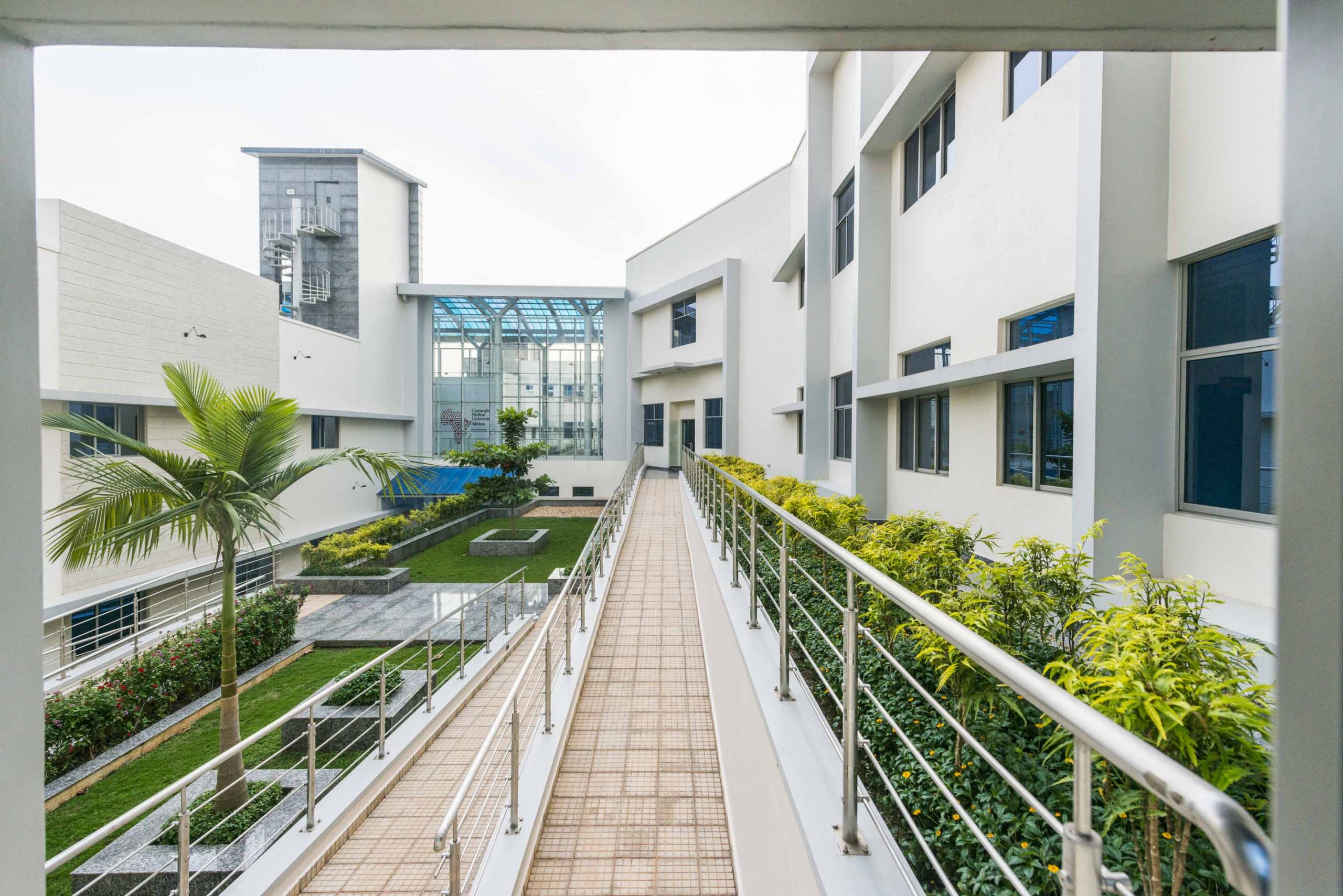Thirty years ago, Rwanda emerged from one of the darkest chapters in its history. Today, the country is determined to position itself as a major player in the knowledge economy through Kigali Innovation City (KIC), a $300 million project designed to transform the Rwandan capital into the “Silicon Valley of Africa.” Built over 61 hectares in the heart of Kigali, KIC will bring together world-class universities, research centers, incubators, start-ups, and international investors in a single ecosystem designed to generate growth, jobs, and innovation.

The numbers are ambitious: a total investment of $300 million, 50,000 jobs created, 2,600 graduates trained each year, $150 million in annual tech exports, and hundreds of start-ups incubated. This positions KIC as a direct contender alongside Africa’s established hubs such as Kenya’s Konza Technopolis, Nigeria’s Yabacon Valley, and South Africa’s Cape Town Tech Hub. While Konza benefits from massive infrastructure investment and proximity to Nairobi, Yabacon thrives on fintech innovation, and Cape Town enjoys a mature venture capital environment, Kigali aims to stand out through a distinctive mix of sustainability, integrated academic partnerships, and a focus on African solutions in agritech, e-health, and renewable energy.
If successful, KIC could add between 1.5 and 2 percentage points to Rwanda’s GDP annually by 2030, according to the country’s Ministry of Innovation. It would create a new high-value export sector and reduce dependence on traditional industries such as coffee, tea, and tourism. Regionally, the project could strengthen East Africa’s integration by attracting start-ups from across the continent, foster technology transfer to other regions such as CEMAC and West Africa, and encourage greater foreign direct investment flows into Africa by showcasing a tangible success story.
KIC’s vision is grounded in strong educational foundations, with institutions like Carnegie Mellon University Africa, Africa Leadership University, and the University of Rwanda already committed. Its infrastructure is being designed with sustainability in mind, incorporating green spaces, energy-efficient buildings, and inclusive housing. Combined with Rwanda’s reputation for stability and results-oriented governance, these elements give KIC the potential to compete with more established hubs.
Kigali Innovation City is more than a Rwandan project—it is a statement to the world that Africa is ready to produce global innovations, not just consume them. It stands as proof that with the right environment for talent, capital, and ideas, the continent can shape its own technological future.






